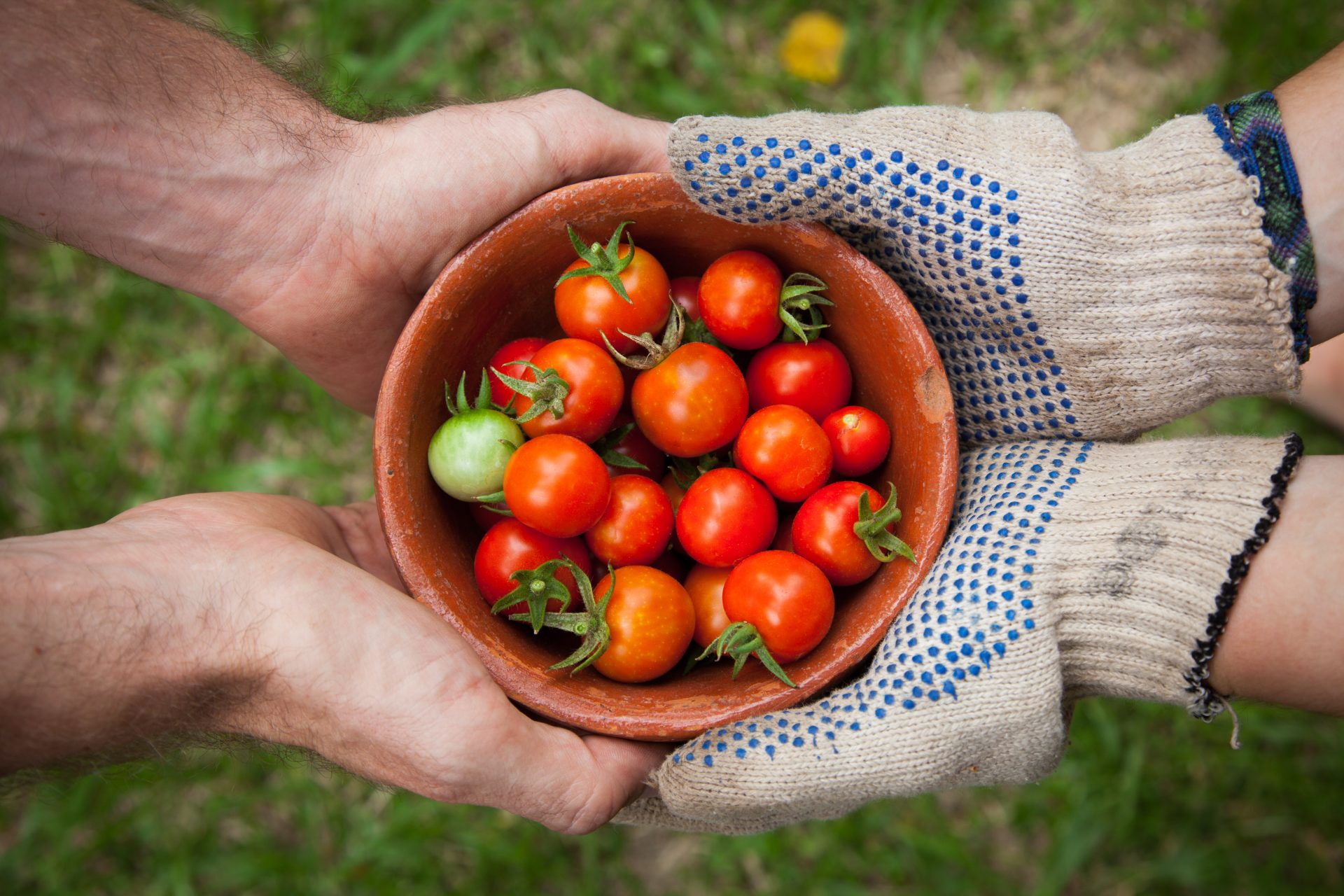Experts from a wide range of stakeholders gathered at Re-Imagine Europa’s two-day working sessions to discuss how sustainability and safety might be integrated within broader food-related policies at the European level.
The RIE Task Force on Sustainable Food Systems and Innovation organized an Expert Workshop on Regulatory Approaches to Sustainability and Innovation on December 13th and 14th. The workshop brought together leading experts and thinkers from a diverse set of stakeholders and positions to analyze how sustainability might be incorporated or integrated with safety considerations involving innovation in crop breeding techniques within EU policies such as the Sustainable Food Systems Framework and the anticipated EC proposal on NGTs. The event was organized by RIE, in collaboration with the Institute of Agroecology, European Sustainable Agriculture Through Genome Editing (EU-SAGE) and All European Academies (ALLEA).
The starting point for the workshop was the recognition of the need to reimagine the model for European agriculture in order to ensure that it can deliver for all stakeholders involved ensuring social sustainability, economic sustainability, and environmental sustainability. Among the participants were scientists, policymakers, and representatives of organic farming and the food industry, who shared their opinions on how to regulate the European Food System. The suggestions and recommendations produced by the experts participating will be forwarded to the European Commission (DG Santé).
With a global food crisis looming and the effects of climate change ever more present, the workshop participants looked at how we can go beyond the old narratives that polarise a much-needed public debate and maintain the goals set out by the European Green Deal and the Farm to Fork Strategy through better use and integration of innovations into the toolbox available to farmers.
The discussion was built and grounded on several studies and opinions from the European Food Security Authority (EFSA), especially the “Criteria for risk assessment of plants produced by targeted mutagenesis, cisgenesis and intragenesis” and “Updated scientific opinion on plants developed through cisgenesis and intragenesis”. Both documents address the European Commission’s request to EFSA to develop criteria as advice for consideration for the risk assessment of plants produced by targeted mutagenesis, cisgenesis and intragenesis. Other background materials included texts from the OECD and the Codex Alimentarius Commission.
RIE’s Task Force on Sustainable Food Systems and Innovation aims to develop a shared understanding of what is meant by sustainable food systems and agriculture including what values and goals should be prioritized; and to assess how innovations can support the transition to a European agricultural model promoting social, environmental, and economic sustainability.




